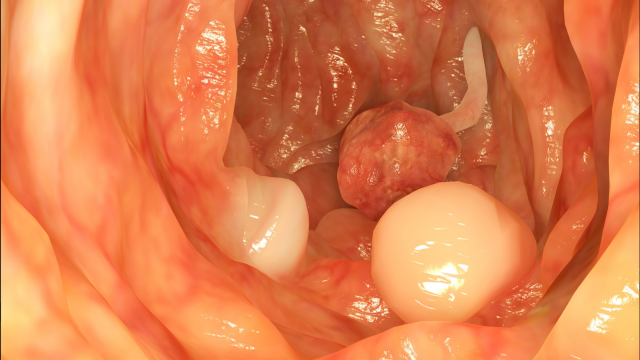The Uterus has three layers of tissue – the innermost layer is endometrium, the middle layer is myometrium and the outer layer is perimetrium. Cancer commonly happens in the inner layer of the uterus i.e. endometrium.
Who is at risk of Uterus Cancer?
Endometrial cancer (also commonly referred by women as uterus cancer and womb cancer) is rare before the age of 40 and common after menopause. Various factors increase the risk of endometrial cancer. They are:
- Obesity
- Early Menarche
- Late Menopause
- No Childbearing
- Infertility
- Family History
- History of Diabetes
- History of Hypertension
- Long term continuous use of birth control pill
- Use of certain drugs in the treatment and prevention of breast cancer.
Symptoms of Uterus Cancer
The commonest symptoms are:
- Abnormal Bleeding
- Abnormal Discharge
- Spotting
- Bleeding after Menopause.
Various tests are used to detect endometrial cancer
- Ultrasound – This may be done to check the size of the uterus and the thickness of the endometrial lining.
- Hysteroscopy – i.e. to look into the cavity of the uterus with the camera.
- Histological testing of the lining. The endometrium may be obtained with a simple instrument in the out-patient department. A dilatation and curettage i.e. scraping of the lining can be obtained in the theater after hysteroscopy. This is the most reliable method of diagnosis.
Treatment of Uterus Cancer
Treatment of endometrial cancer is usually surgery. The uterus, tubes, and ovaries are removed. They are sent for histological examination. This allows for the staging of cancer. Staging is a process to determine how far cancer has spread. Staging gives the number from 0 to 4. Higher the number more is the spread. Depending on the staging further treatment may be done with hormones, chemotherapy or radiotherapy.
Women with cancer have good recovery provided the cancer is in the early stages. It usually presents early with symptoms. Therefore do not ignore abnormal vaginal bleeding especially after menopause.
If you have abnormal bleeding and are menopausal then seek an appointment with Dr. Sangeeta today for a detailed examination. Remember a stitch in time saves nine.


















